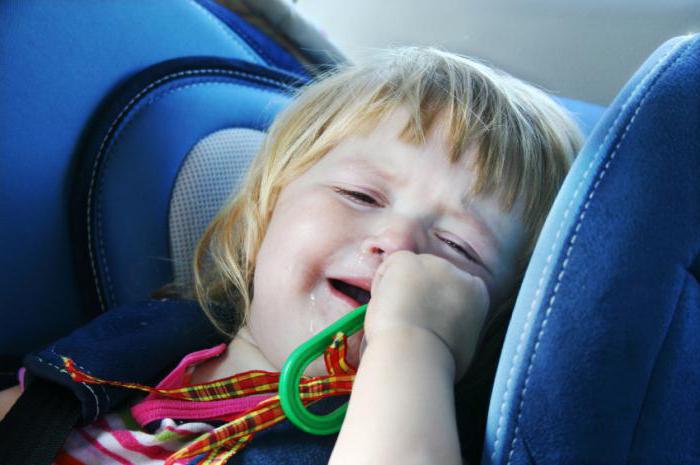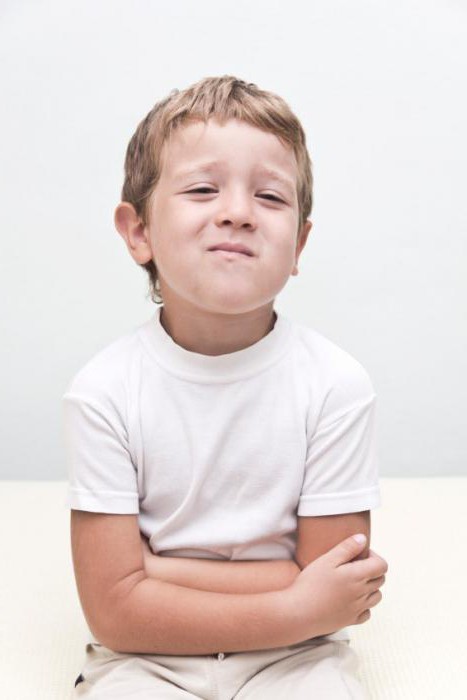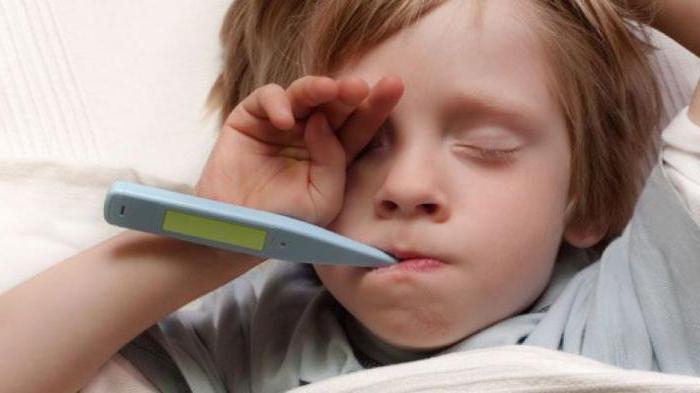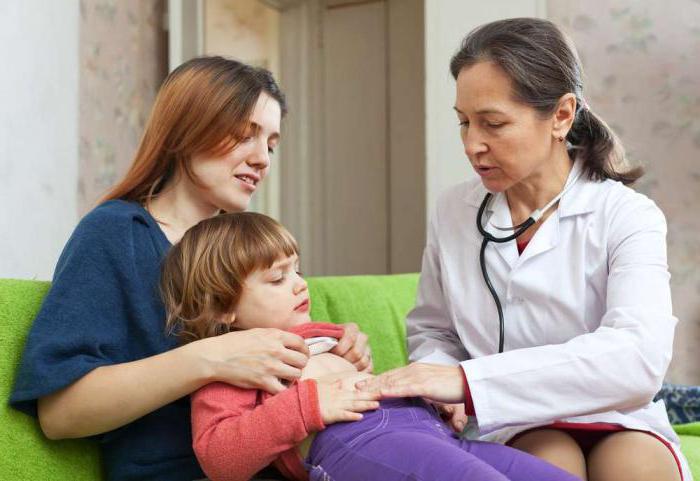If the child is sick, what should I do? Causes of Vomiting in Children
Nausea in a child can be caused by a number of reasons. Most often, this condition is provoked by problems with the digestive system. However, there may be other reasons. If the child is sick - what to do in this situation? We learn from our article.
Poisoning
Poisoning, as a rule, occurs after a child consumes poor-quality food containing substances harmful to the body. If what to do in this situation? Doctors recommend drinking more when poisoning to prevent dehydration. Fluid should be ingested frequently, but in small quantities. If this condition is not accompanied by temperature and other dangerous factors, sorbents (Polysorb, Enterosgel, Atoxil, Smektu, activated carbon) can be given. If possible, before using these drugs, you should wash the stomach or induce vomiting (by pressing on the root of the tongue).
Poisoning, accompanied by fever, continuous requires immediate medical attention. In this case, there is a possibility of an intestinal infection and the development of severe dehydration.
Binge eating
Did your baby vomit immediately after eating? Perhaps he overate or tasted too fatty food. At an early age, the baby's body is not yet able to cope with such food. If this is the reason, then nausea will be short-term and single. In this case, the child should be given complete rest, freeing the body from excess clothing. To restore bowel function, you can stroke the tummy clockwise.
If what to do in this situation? Doctors recommend giving a quarter of a Festal, Mezima tablet or half a teaspoon of Almagel. Before taking, be sure to read the instructions so as not to harm the baby even more. 
Intestinal infection
And if the child is sick and his stomach hurts - what to do in this situation? There may be an intestinal infection. This condition is caused by the penetration of pathogenic microorganisms into the gastrointestinal tract, which begin to multiply rapidly and impede the work of other important bacteria. This disease is accompanied by the following symptoms:
- nausea in the morning;
- vomit;
- stomach ache;
- diarrhea;
- elevated temperature;
- prostration;
- chills.
Treatment is carried out exclusively under the supervision of a doctor, depending on the type of bacteria. It is not recommended to fight the disease on your own due to the high likelihood of developing severe dehydration.
motion sickness
What to do if the child is sick during a long trip? This indicates the weakness of the vestibular apparatus. In this case, you should quickly take the baby to fresh air. This will help him get back to normal faster.
Before the trip, do not overeat. On the road, be sure to take a couple of slices of lemon or a sour apple. Drinking plenty of water in this case is not recommended. It is better to give liquid in small portions. If possible, give the baby a seat in the front of the vehicle so that he can look out the windshield at the road. 
Neurological diseases
If the child is sick and vomits - what to do? As a rule, neurological diseases are accompanied by repeated vomiting, high body temperature, severe headache and even convulsions.
This condition is considered serious and requires immediate medical attention.
Increased intracranial pressure
What to do if the child is sick and the body temperature is high, the head hurts badly and indomitable vomiting occurs? Such symptoms may indicate an increased condition. As a rule, this condition occurs due to a head injury, the presence of inflammation in the brain, bleeding, and a tumor.
With the above symptoms, you should immediately consult a doctor.
Appendicitis
Acute appendicitis can also occur if the child is sick? What to do in this situation? First you need to figure out whether this disease really caused nausea. Acute pain in the right and central parts of the lower abdomen, constant vomiting, fever - all these signs are characteristic in the presence of appendicitis. This disease requires urgent surgical intervention. 
Penetration of a foreign body into the stomach
A child at this age is trying to try everything “by heart”, so often some object ends up in the stomach. What to do if the child is sick for this reason? When swallowing a large object, discomfort most often occurs. This is due to spasm of the smooth muscles of the stomach.
In this case, the baby begins to vomit undigested food with the presence of mucus or blood. Sometimes there may be rapid breathing and profuse salivation. If you experience these symptoms, you should immediately consult a doctor. Waiting in this case, and even more so self-medication, is categorically not recommended.
In addition to other causes, nausea in a child can also be observed with:
- stress;
- developing dehydration;
- panic;
- allergies;
- taking medications, antibiotics;
- etc.
What to do if the child is sick?
If nausea is not accompanied by other symptoms, then you can do it on your own. If you are sure that the baby was poisoned by poor-quality food, then in this case you should free the stomach from unnecessary contents. To do this, give the child plenty of warm boiled water to drink and press on the root of the tongue. When the stomach is completely free - give the sorbent. 
It should be noted that the room should be cool. Warm and dry air exacerbates the situation at times. Under no circumstances should overheating be allowed.
Do not try to feed the child after an attack of nausea. On the first day, especially after poisoning, it is better not to give him food at all (if you really want to - a cracker) - only to drink. Water must be purified and non-carbonated.
What to do if the child is sick? An attack will help to remove and weak decoctions of herbs. In this case, chamomile and mint are considered the most effective. A teaspoon of herbs should be brewed with a glass of boiling water and insisted for half an hour. It should be noted that this method is well suited if a child (2 years old) is sick. What if the child is younger? For this situation, children's shops and pharmacies sell special teas designed for the appropriate age.
As for anti-nausea drugs, such as Metoclopramide, Cerucal, they only relieve attacks, but do not treat the very cause of this condition. Moreover, some drugs are contraindicated for young children and doctors do not recommend giving them on their own. 
Conclusion
If the child is sick and vomits, what should I do? This question is asked by many parents. Doctors recommend not to self-medicate, but to urgently contact a specialist who will diagnose in time and prescribe the correct treatment.







